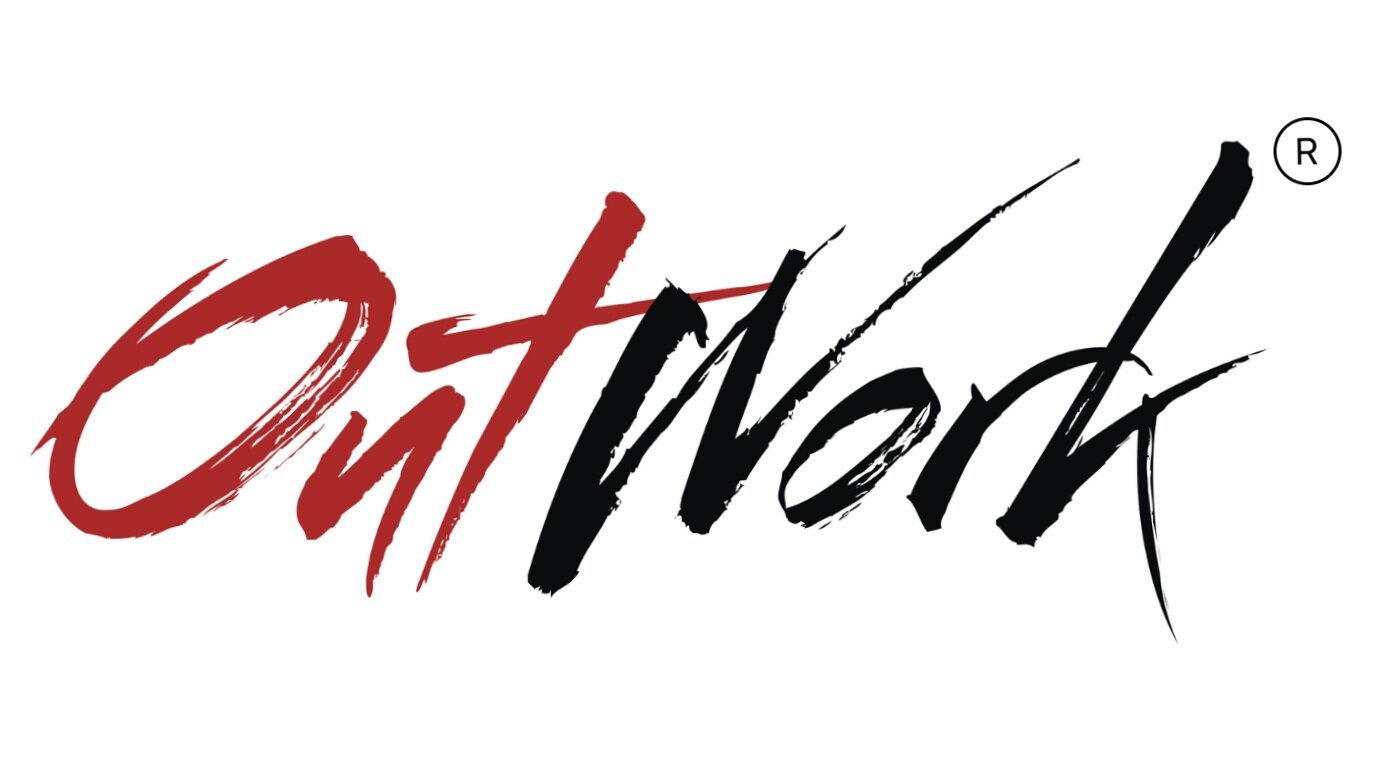The Skill of Nutrition
Q: how exactly do you get better at nutrition?
A: Approach it like a skill: The skill of nutrition.
A skill is something you practice in order to improve. The world’s best at anything practice a lot, thus they develop the most skill. If you are going to get better at nutrition/eating/body composition, then you need to practice more.
The good news is that there is a lot of opportunities to practice and get better, since we are consuming every day. However, nutrition as a whole is what would be considered a complex skill. Complex skills are best when broken down into individual components that can be practiced.
“The key to mastering complex skills is breaking them down into individual components that can be practiced over and over again, until mastered.” - Chief
Here are some component skills of nutrition that can be practiced:
1. Eat slowly. Eating slowly allows you to process your meal. It also allows you to take a step back and enjoy your company and appreciate the opportunity to replenish. Putting your fork down between bites is a sub-skill that helps you eat slowly.
2. Stop eating when satisfied, not stuffed.
3. Learn to differentiate between hunger, cravings, or boredom: this type of self-awareness helps manage those calories that we eat in excess of hunger. Eating helps us to pass time and keeps our hands occupied during long commutes, among other non-hunger related tasks.
4. Cut back, limit, or eliminate snacking. Snacking has a way of sneaking up on you. Even if its something healthy, like fruit or nuts, you can get through a couple hundred of calories without even realizing it, with circles back to point #1. Snacking is the antithesis of eating slowly and self-awareness. Snacking promotes over eating, it can derail diets, acting as a sort of launching point for a downward spiral. In other words, a bad day of eating can be traced back to that “small, little snack.” This delves into diet psychology and will be covered in more detail in another post.
5. Drink water. Aim to drink at least half of your body weight in ounces per day. Everything else, such as coffee, tea, or supplements don’t factor into this minimum daily amount.
6. Eat protein with every meal. If you can manage at least 20-30 grams of quality protein per meal, some of the other major issues with nutrition will sort itself out. Eating this much protein per meal will require some planning and it encourages home cooking or prearranged foods. It will help with satiety and help you organize how you eat your meals. If you have goals of muscle building, then you may need to increase that number to 40 grams per meal and you may also need to adjust your number of meals per day, maybe going from 3 meals per day to 4 or 5. Still, since you are organizing your meals around protein, these adjustments are fairly easy to make.
If you learn to master these six component skills, then you can sprinkle in more complexity. We can talk about number of macros per day, tracking your total daily intake using myfitnesspal, nailing the preworkout meal, and some “top of the pyramid” stuff like supplements.
Just like any other skill, the better you get, the more you can add. In psychology, the matching of skill and challenge is what creates a “flow” state. Similar to what an athlete would call “being in the zone,” this state is where the highest level of productivity and creativity occur. For nutrition, this state is when your behaviors are automated and you are in complete control and self-aware of what and how you are eating. In other words, you seldom wonder what you are having for lunch.
“Take care of your body, it’s the only place you have to live.”- Jim Rohn
The same way you would approach any other skill is how you should attack nutrition - leave nothing to chance. In the grand scheme of things, what is more important than your health? What matters more than your body? Not much, if anything at all.
